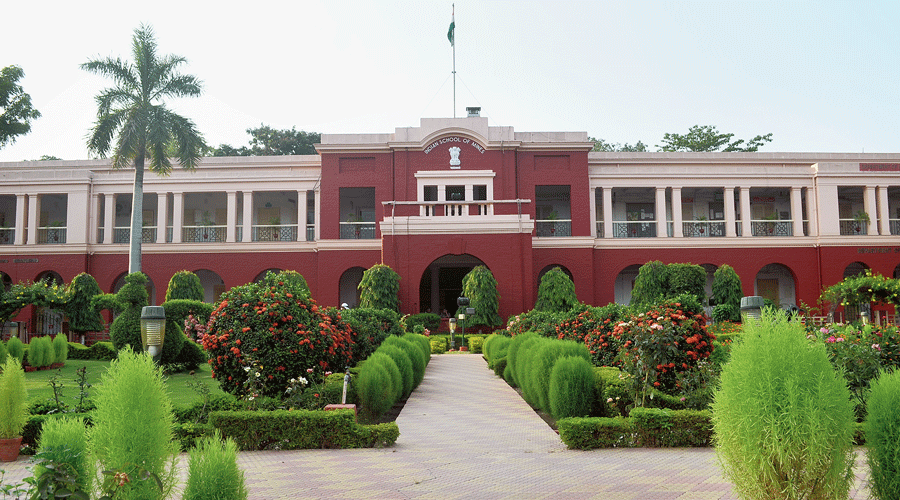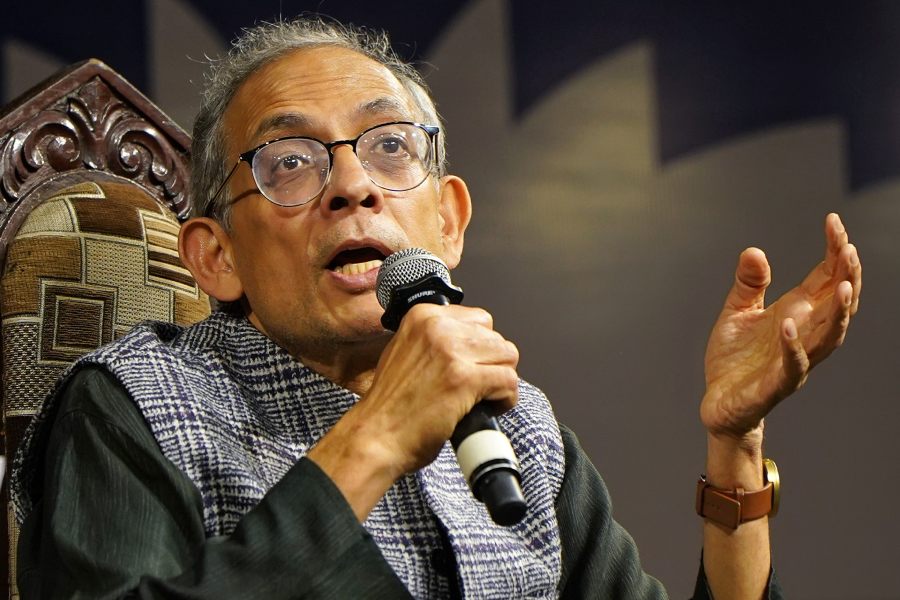A research team of six faculty members of Jharkhand-based IIT (Indian School of Mines-ISM) is developing a less power consuming sensor enabled audio system for the visually impaired to help them walk freely.
“The team led by IIT (ISM) Dhanbad electronics engineering department assistant professor Rajeev Kumar Rajan would help the visually impaired by notifying them about the objects coming into their way.
“The audio system based on edge computing system, a distributed information technology network, is being developed under the five year project titled, ‘Ultra low power neuromorphic spiking architecture, assistive smart glasses,” said dean media and branding, IIT (ISM) Rajni Singh.
The project selected as one of the second cohort of 30 institutions for a fund grant worth Rs 86.25 lakh
during the Digital India Week held at Gandhinagar between July 4 and 9 under chips to start up programme of the Government of India is aimed at developing a system that could change the visual world into an audio world by notifying the visually challenged about the objects in their path.
“According to the World Health Organisation (WHO), more than one billion people worldwide have vision difficulties, which includes blindness, low vision and some kind of visual impairment. Visually challenged and people with vision difficulties are not in a position to complete their studies as special schools for them with special needs are not available everywhere and most of them are private and expensive,” explained Ranjan.
“The only alternative for them was to study at home acquiring basic knowledge from their parents and since such education was not technical enough and hence they cannot compete with other people. Such people need to be provided special facilities so that they can live comfortably,” said Ranjan.
Giving further details, he said: “We can take the help of computer vision technology to make special aids through which the visually impaired people can live comfortably, as far as possible.”
About the intricacies of edge computing systems being used in generating smarter world machines that can sense, perceive and reason, Ranjan said: “The edge systems around us are battery powered systems that have limits in terms of computation.
“These computational systems consume significant power in the idle state as they continuously process the incoming data. The wake-up systems offer a very elegant solution to improve the power consumption of systems that run more complex algorithms and require high power consumption.”
“The objective of the project is to create an ultra-low-power novel wake-up system for assistive glasses,” added Ranjan.










